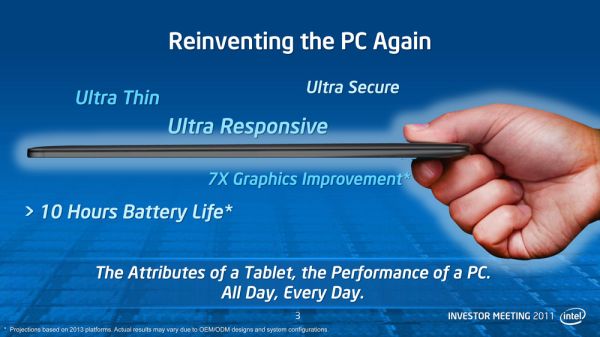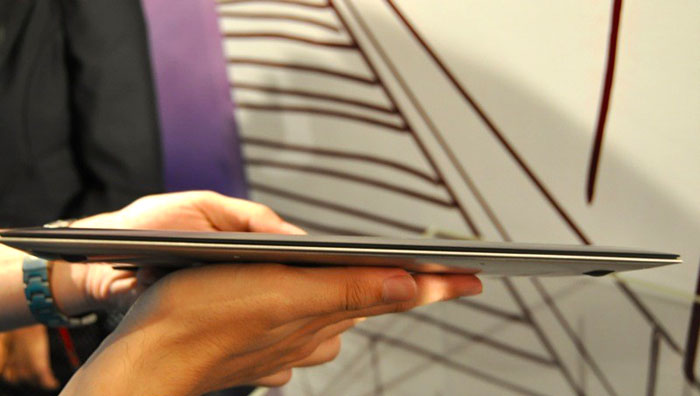A new Rasmussen Poll says that most Americans are either indifferent to, or against, the Federal Communications Commission regulating the Internet, according to a new story from Mashable.com.
The research company interviewed 1,000 people , asking them, “Should the FCC regulate the Internet like it does radio and television?” Of the respondents, only 21 percent were behind such regulation, while 54 percent said they wanted the FCC to stay out of Internet regulation. The other 25 percent said they weren’t sure.
The numbers are interesting, but not altogether unexpected, especially in the wake of the FCC’s vote last week to institute new rules for Internet service providers. Those stated that ISPs can’t adjust the speed at which certain content is carried -- at least over high-speed cable networks. On the mobile web, the Internet broadcasted to smartphones, the FCC left carriers a lot more freedom to discriminate content.
When it comes to net neutrality, which is the centerpiece of what the poll is about, few people understand all the nuances. It’s not surprising that of the respondents to the Rasmussen poll, only 20 percent said they were following the news about net neutrality “very closely,” with another 35 percent saying they were following it “somewhat closely.” It’s a tough issue to be educated about, and the Rasmussen poll’s major question -- one of additional government regulation -- paints the question in a less favorable light than if it were to ask
Americans if they wanted the government to force ISPs to keep the Internet free and open, for example.
Net neutrality advocates want the government to step in and legislate an open Internet, in which ISPs are legally not able to dictate the connection speed of content to the people and companies providing that content. But in the Rasmussen poll, most respondents -- 52 percent -- said they’d prefer free market competition to government regulation. Twenty-seven percent went the other way, opting for the government to take control to keep Internet users and content providers protected.
A somewhat political issue
The issue is also one of politics: Republicans and independents opt for free market competition to keep the Internet free, while the largest margin of Democrats, 46 percent, preferred the FCC step in. And a majority of the people polled, regardless of their political orientation, don’t trust the government to regulate the Internet fairly: 56 percent said they thought the FCC would use its new powers to promote some kind of political agenda; only 28 percent thought the government could be trusted with authority to regulate the Internet.
With the FCC’s new rules in place, there’s a bit of a stalemate between the two sides: on the one hand, the FCC has at least taken steps to preserve net neutrality on desktop computers, but the mobile Internet has left a lot more latitude for carriers. At the same time, all that free market regulation that poll respondents were hoping for can very well manifest itself in the mobile web, proving or disproving if that model can work.
The best thing people concerned with the net neutrality fight can do, it seems, is get the word out and try to educate other people about the battle. With more information about what the government, and what ISPs, are both poised to try to do, voters will be in a better position to make the decision or shape the political discussion. But if there’s one thing the Rasmussen polls shows, it’s that the battle for net neutrality is being fought by the minority, while the rest of us will have to live with the consequences of what they decide.












0 comments:
Post a Comment